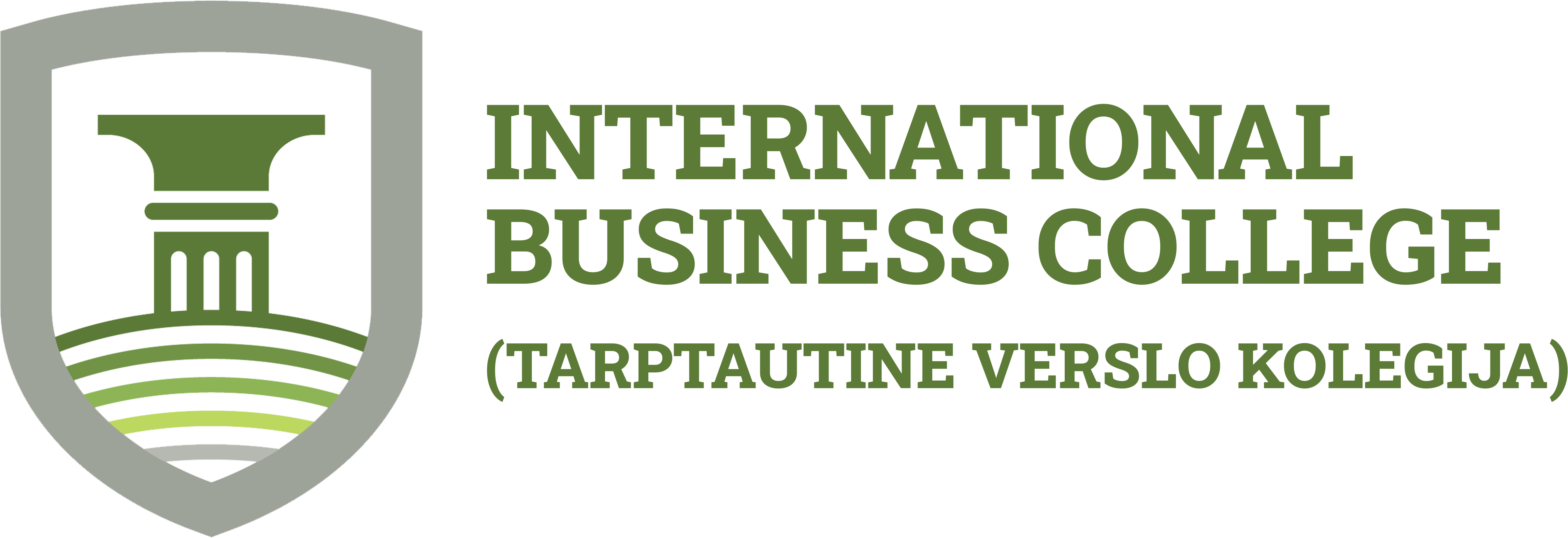Executive Travel and Tourism Management
The travel, tourism and leisure course covers all the important aspects of the industry, and they include:
Travel and Tourism Organisations in a Global Context
1. Understand the context within which global travel and tourism organisations operate
Key differences :
- Overview of the sector – size, value, number of organisations, numbers employed
- Legal status/ownership –
e.g. sole trader, partnership, company, corporation (e.g. limited and unlimited, public limited and international equivalents), joint ventures - Structure and size – changes in structure and size of tourism businesses due to globalisation
e.g. small businesses can promote themselves without the input of larger tourism agencies - What they offer (products and/or services)
- Where they operate
- Image e.g. eco-tourism, luxury travel, budget etc.
Travel and tourism organisations e.g.
- Travel agency
- Tour operators
- Resort management
- Internet based businesses
- Visitor attractions
- Transport services, transport terminals e.g. airports
- Government based tourism services etc.
The responsibilities of tourism businesses
- to the environment
- to people in tourist destinations
- ethical issues
- to Government
- to supply chain – businesses involved in travel and tourism offer
Strategies employed by tourism businesses
- human resources policy
- environmental strategy
- equal opportunities policy
- ethics
- financial policy
- international partnering policy
electronic modes of marketing and communication
2. Understand the impact of external factors on the travel and tourism sector
Changes within a national economy
For example:
- Size – population, labour market, education/training levels
- Growth/wealth – gross national product (GNP), balance of payments, inflation rates, government borrowing,
trade balance, public finances, taxation, national debt, availability of credit - Business confidence – investing, cost of borrowing, consumer buying/confidence, government policies
- Global patterns of supply and demand for tourism
- Influences on holiday and travel activities of economy, policies etc. e.g. influence on holiday choices – home or abroad, propensity to travel
Government policies:
- Monetary policies, interest rates, quantitative easing, unemployment
- Fiscal policies, spending (in central and local government), fiscal policies to encourage tourism or encourage sustainable tourism
(e.g. tax on fuels), public sector borrowing, controlling demand, taxation, distribution of income - Competition Policy – how general policy affects tourism organisations e.g. in airline sector
- Sector regulation e.g. limits on tourism, support for tourism
- Environmental policies – sustainable and ethical tourism
- Regional policies – e.g. development of tourist areas• Skills agenda, apprenticeships in travel and tourism and similar training programmes internationally
National and global events:
- Political unrest
- Natural disasters
- Accidents and disasters caused by human error e.g. sinking of Costa Concordia, BP oil spill.
- Major sporting events e.g. Olympics, world cup
3. Understand the impact of global factors ontravel and tourism organisations Global integration
- trading blocs
- World Bank, IMF, Global/trading bloc policies and directives (e.g. EU), G20, OPEC and other relevant organisations
- market size
- transnational corporations
International tourism
- Opportunities e.g. emerging markets and new destinations
- Growth
- Trade duties and tariffs – general and travel taxes e.g. airport tax
- Increased competition
- Increased supply of tourists/visitors
Impact of global economy
- Increased competition
- Increased customer choice – of destinations and of businesses
- Increased need for innovation in designing travel products
- Economic downturn and upturn
New Technologies
- Remote workforce – advantages of being able to locate workforce in other countries where labour may be cheaper/may have more relevant skills etc.
- The role of the internet in tourism
- Easy communication e.g. skype, email, social networking
- Customer choice – customers can book direct with businesses in destinations, customers can design and book own packages
- Comparison websites
4. Be able to review current issues impacting on a named travel and tourism organisation that operates globally
- review
- Domestic tourism market in chosen country
- Global tourism market
- Domestic and global policies e.g. sustainability, ethical tourism, government support for tourism
- Other global factors e.g. war and unrest, natural disasters
- Other issues – fashions in tourism destinations, desire for eco-tourism, costs of air travel etc. (eco-costs and financial)
- Characteristics of global travel or tourism business
- Development issues for a global business organisation
Strategies:
- New markets
- New destinations
- New environments e.g. move business
- New technologies
- Growth/shrink
- Change of suppliers, importers, exporters
- Change in business structure e.g. from sole trader to company/ corporation
Opportunities to deal direct with businesses internationally e.g. smaller hotel groups etc. due to ease of communications etc.
